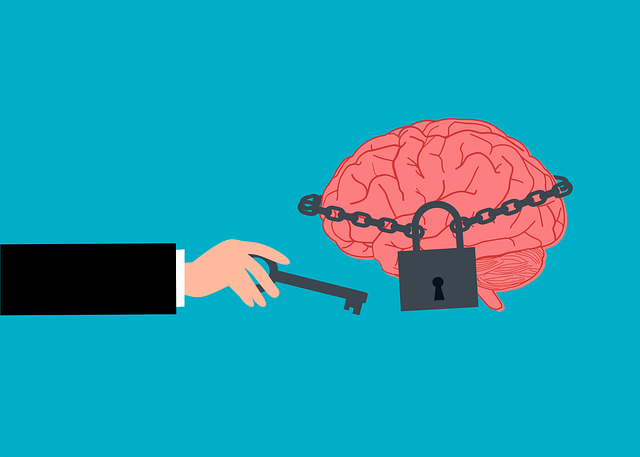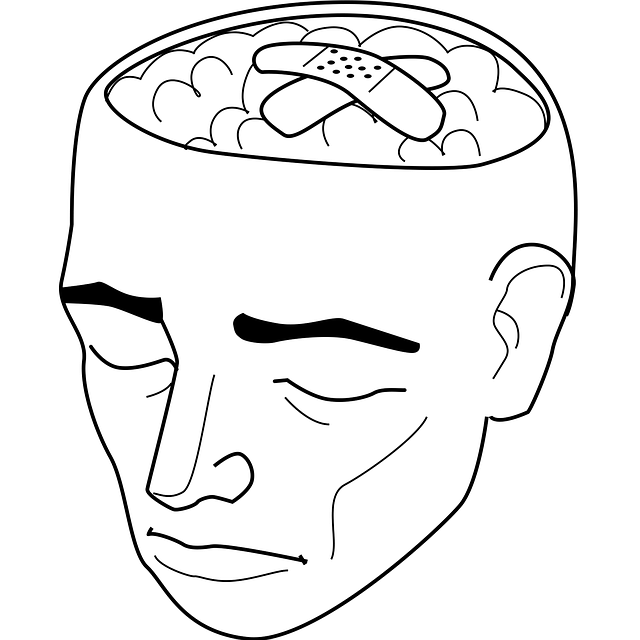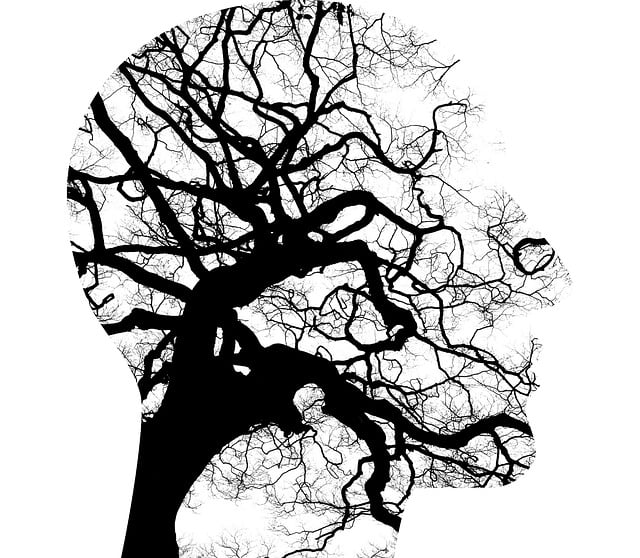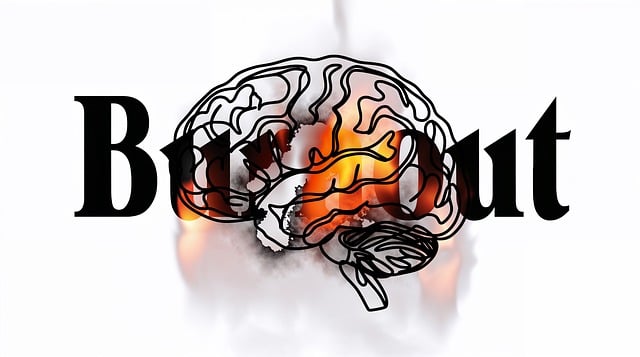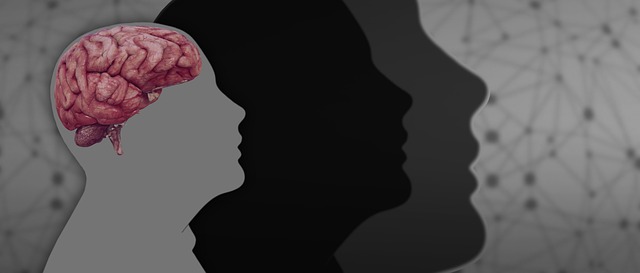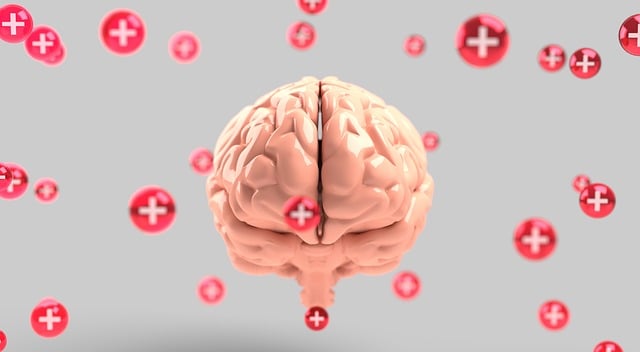Mental wellness is crucial for first responders, who face high-stress situations and trauma daily. Golden First Responders Therapy leverages empathy building, confidence boosting activities, and mindfulness meditation to promote their mental health. They provide initial crisis support, create safe spaces, refer to specialized services, and integrate Mind Over Matter principles for resilience. This holistic approach empowers these professionals to manage stress, connect with others, make sound decisions, and maintain personal balance while ensuring community safety.
Mental wellness is a critical aspect of overall health, especially for first responders who face constant stress and challenging situations. This article explores strategies to promote mental health among these heroes, with a focus on the unique role of ‘Golden First Responders’ in providing therapy and support. We delve into effective methods to enhance resilience in high-stress professions, highlighting essential tools and resources tailored for first responders’ well-being. By understanding the impact of mental wellness, we aim to empower those who serve.
- Understanding Mental Wellness and Its Impact on First Responders
- The Role of Golden First Responders in Therapy and Support
- Strategies for Promoting Mental Health in High-Stress Professions
- Effective Tools and Resources for First Responder Resilience
Understanding Mental Wellness and Its Impact on First Responders

Mental wellness is a vital aspect of an individual’s overall health and well-being, encompassing emotional, psychological, and social aspects. For first responders—police officers, firefighters, and paramedics—maintaining mental wellness is particularly crucial given the nature of their work. These professionals often face high-stress situations, trauma, and critical decisions, which can take a significant toll on their mental health over time. Understanding the unique challenges they face is essential to supporting their well-being.
First responders play a golden role in society by putting themselves in harm’s way to protect and serve others. However, their constant exposure to adverse events can lead to conditions like post-traumatic stress disorder (PTSD), anxiety, and depression. Empathy building strategies, confidence boosting activities, and mindfulness meditation have proven effective in promoting mental wellness among first responders. These tools not only help them manage stress but also enhance their ability to connect with others, make sound decisions, and maintain a sense of balance in their personal lives.
The Role of Golden First Responders in Therapy and Support

In the realm of mental wellness promotion, Golden First Responders play a pivotal role in providing initial therapy and support to individuals experiencing crisis. These trained professionals are equipped with empathy building strategies that foster immediate connection and understanding. By actively listening and responding with compassion, they create a safe space for those struggling with their mental health. This early intervention is crucial, as it can prevent further deterioration and set the foundation for long-term recovery.
Golden First Responders often serve as a bridge to more comprehensive mental wellness coaching programs. They assess the individual’s needs and refer them to specialized services, ensuring continuity of care. By integrating Mind Over Matter principles into their approach, these responders help clients develop resilience and coping mechanisms. This holistic strategy not only addresses the symptoms but also focuses on empowering individuals to take charge of their mental health journey, fostering a sense of self-efficacy and well-being.
Strategies for Promoting Mental Health in High-Stress Professions

In high-stress professions, such as those in emergency services or healthcare, promoting mental wellness is paramount. These fields often attract what are affectionately known as “Golden First Responders” – individuals who selflessly put themselves in harm’s way to help others. However, the constant exposure to trauma and adversity can lead to significant mental health challenges. To mitigate these risks, integrating Mind Over Matter principles into professional development programs is crucial. This involves teaching stress management techniques, mindfulness practices, and resilience-building strategies that empower workers to maintain a healthy work-life balance.
In addition to these proactive measures, Mental Illness Stigma Reduction Efforts are essential. Fostering open conversations about mental health, providing resources for peer support, and encouraging help-seeking behaviors can significantly improve the overall well-being of these professionals. Furthermore, implementing structured mood management programs within these high-stress environments ensures that individuals have access to effective coping mechanisms and timely interventions should they struggle with conditions like depression or anxiety.
Effective Tools and Resources for First Responder Resilience

First responders often find themselves on the frontlines of high-stress situations, making them particularly vulnerable to the damaging effects of chronic stress and trauma. Therefore, prioritizing their mental wellness is crucial for both individual well-being and community safety. Golden First Responders Therapy offers a specialized approach to address these unique challenges, providing tools and resources tailored to their needs.
Effective interventions include evidence-based practices such as Stress Management techniques, Crisis Intervention Guidance, and Emotional Well-being Promotion Techniques. These strategies aim to build resilience, enhance coping mechanisms, and foster healthy work-life balance. By accessing these valuable resources, first responders can navigate the complexities of their professions while maintaining their mental health and overall quality of life.
Mental wellness promotion is a vital aspect of supporting first responders, especially those who engage in golden first responder therapy. By understanding the unique challenges they face and implementing targeted strategies, we can enhance their resilience. Recognizing the profound impact of stress on these individuals’ mental health is crucial. Through accessible tools and resources, we can foster a culture that prioritizes their well-being, ultimately improving their ability to provide aid and ensuring a brighter future for both first responders and the communities they serve.






